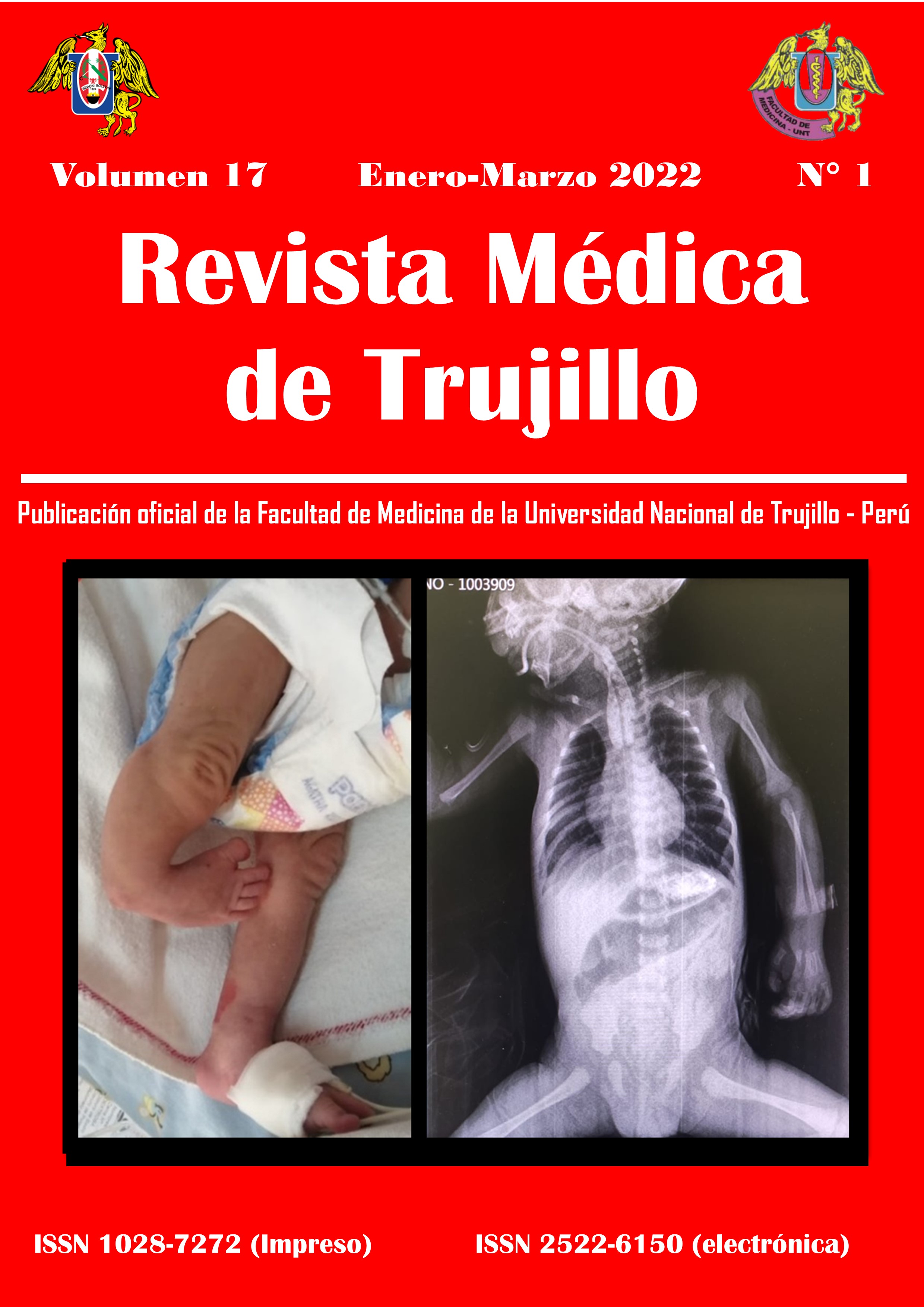Papel de Passiflora edulis (maracuyá) en el control de la presión arterial: posibles mecanismos moleculares
Role of Passiflora edulis (passion fruit) in the control of blood pressure: possible molecular mechanisms
DOI:
https://doi.org/10.17268/rmt.2022.v17i1.4262Keywords:
Passiflora, Arterial Pressure, Flavonoids, Oxidative StressAbstract
Passiflora edulis (passion fruit) is a plant whose fruit has a high biological value as it contains a large amount of polyphenols, the most important of which are flavonoids that act as powerful antioxidants against cancer and cardiovascular diseases. Recent studies have highlighted its antihypertensive role, even comparing it to hypotensive drugs. Arterial hypertension is one of the diseases that causes the greatest mortality and the most widespread worldwide. It is caused by endothelial dysfunction between vascular constrictor and relaxant factors, as a result of oxidative stress caused by the overproduction of reactive oxygen species. Flavonoids reduce the formation of free radicals by inhibiting NADPH oxidase; they also increase the activity of nitric oxide synthase (eNOS), increasing the vasodilation promoted by nitric oxide and providing a response capacity to endothelial damage by increasing intracellular calcium, which further stimulates vasodilation. They also exert a diuretic action and significantly increase urine flow, glomerular filtration and Na+ and K+ excretion. This diuretic effect, added to the antioxidant effect, would explain the plant's antihypertensive activity.
Published
How to Cite
Issue
Section
License

This work is licensed under a Creative Commons Attribution-NonCommercial 4.0 International License.















